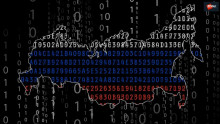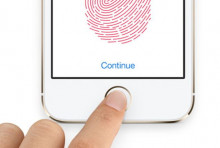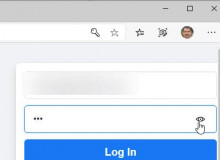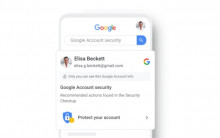Researchers uncover botnet targeting decade-old CMS vulnerability
The results of a six-month investigation into a botnet that targets a vulnerability in content management systems have been released today by Imperva Research Labs.
The botnet known as 'KashmirBlack' first appeared around November 2019 and is still active. It's managed by a single command and control server and uses more than 60 servers -- mostly innocent surrogates -- as part of its infrastructure.













































































